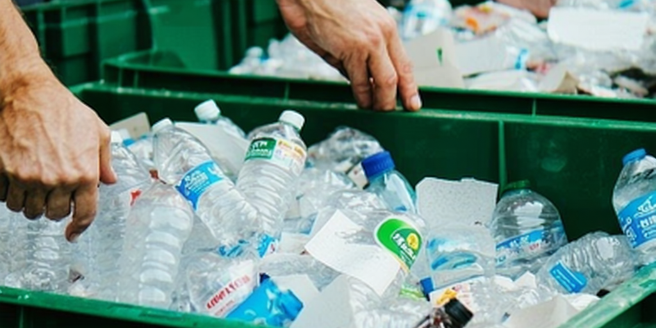Home Recycling Programs Benefits

Understanding Home Recycling Basics
Recycling is a fundamental practice for reducing waste and conserving natural resources. In a home context, it begins with understanding what materials can be recycled and how to sort them correctly. Most communities offer guidelines on what can be placed in recycling bins, typically including paper, certain plastics, glass, and metals. Recyclables should be clean and dry to avoid contamination. It is crucial to know local rules, as they vary widely, and some areas might accept items like cardboard but not glass. By understanding these basics, households contribute to a broader recycling ecosystem that transforms used materials into new products, reducing the need for raw materials and minimizing environmental impact. Setting up a dedicated recycling space at home can streamline the process, making it convenient and efficient.
Environmental Advantages of Recycling
Recycling offers significant environmental benefits that can profoundly affect our planet’s health. Through recycling, we can substantially reduce the volume of waste sent to landfills and incinerators, which, in turn, cuts down on pollution and greenhouse gas emissions. Recycling conserves energy and raw materials; manufacturing products from recycled materials often requires less energy compared to producing them from new materials. For example, recycling aluminum uses 95% less energy than producing it from bauxite ore. Moreover, recycling helps protect ecosystems and biodiversity by decreasing the need for extraction of raw materials, which can lead to habitat destruction. By participating in recycling efforts, individuals play a vital role in supporting sustainable environmental practices that benefit the planet and future generations.
Financial Benefits of Home Recycling
Incorporating recycling into your daily routine can also provide economic advantages. Many municipalities offer incentives for recycling, such as reduced waste disposal fees for those who participate in curbside recycling programs. Additionally, some regions have container deposit return schemes, providing financial returns for returning bottles and cans to collection centers. These programs not only encourage recycling but also save money on new production costs; manufacturing with recycled materials is generally cheaper than using virgin resources. Homeowners might even notice lower utility bills, as recycling can reduce the need for energy-intensive waste processing. Communities benefit too, as recycling attracts environmentally-conscious businesses and creates jobs in the recycling and manufacturing industries. Embracing recycling at home is not just an ecological gesture but a financially sound strategy.
Improving Community Health Through Recycling
Recycling has a direct positive impact on community health and well-being. By reducing the amount of waste that ends up in landfills, recycling diminishes the release of methane—a potent greenhouse gas—into the atmosphere. Furthermore, recycling reduces the demand for new raw materials, lessening pollution levels and preserving air and water quality. This decline in pollution contributes to better respiratory health and diminishes risks associated with environmental contaminants. In addition, recycling programs can foster community spirit and collaboration, encouraging residents to work together towards collective sustainability goals. Increasing awareness and participation in recycling initiatives educates the public on health hazards associated with improper waste disposal, thus promoting a cleaner, healthier environment for all community members.
Steps to Start Your Own Recycling Program
Starting a home recycling program is a straightforward process that begins with understanding your community’s recycling guidelines. Begin by identifying what materials are accepted and create designated storage areas for each category, such as plastics, glass, metals, and paper. Educate all household members on the importance of recycling and how to properly clean and sort recyclables. Set goals, like reducing weekly waste or increasing recyclable items processed, to encourage consistent participation. Consider reaching out to local waste management authorities for resources or joining community forums to share tips and support. To enhance your program, you could engage in composting organic waste and advocating for local recycling initiatives. Over time, as these practices become routine, you will positively influence your household’s environmental footprint.
Overcoming Challenges in Home Recycling
Despite the benefits, home recycling presents challenges that can hinder its success. Contamination is a major issue, often resulting from improper sorting or dirty recyclables. Educating household members on correct recycling practices is crucial for reducing contamination rates. Space constraints can also pose problems; finding efficient ways to store recyclables without cluttering living areas is essential, and collapsible bins or scheduled drop-offs can help. Additionally, recycling program limitations, such as restricted pickup frequencies or material types, require creative solutions like forming neighborhood cooperative recycling groups or supporting policy changes for broader acceptance of materials. Technological barriers, like identifying recyclable items, can be tackled by utilizing mobile apps that offer recycling tips and guidelines. Addressing these challenges requires persistence, education, and community involvement for effective recycling outcomes.